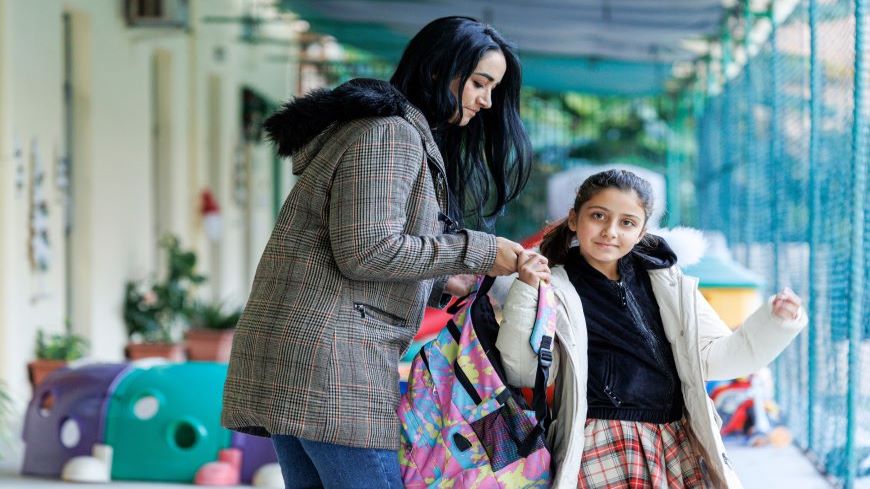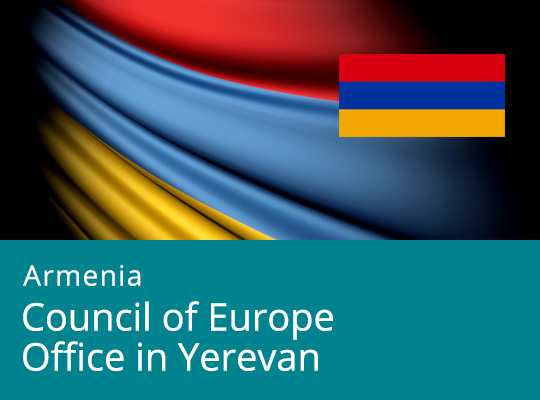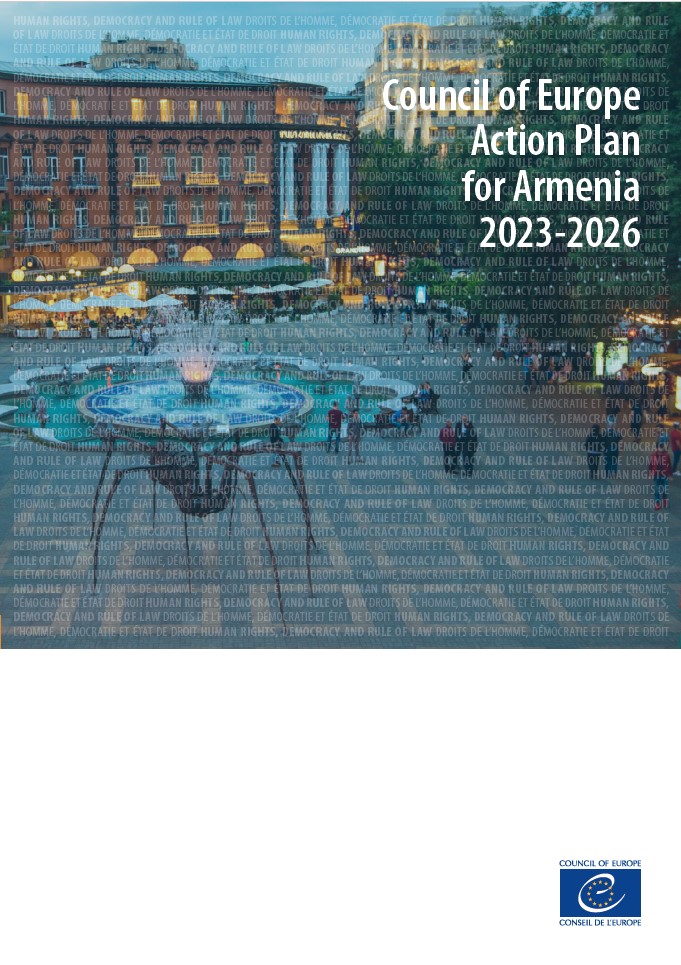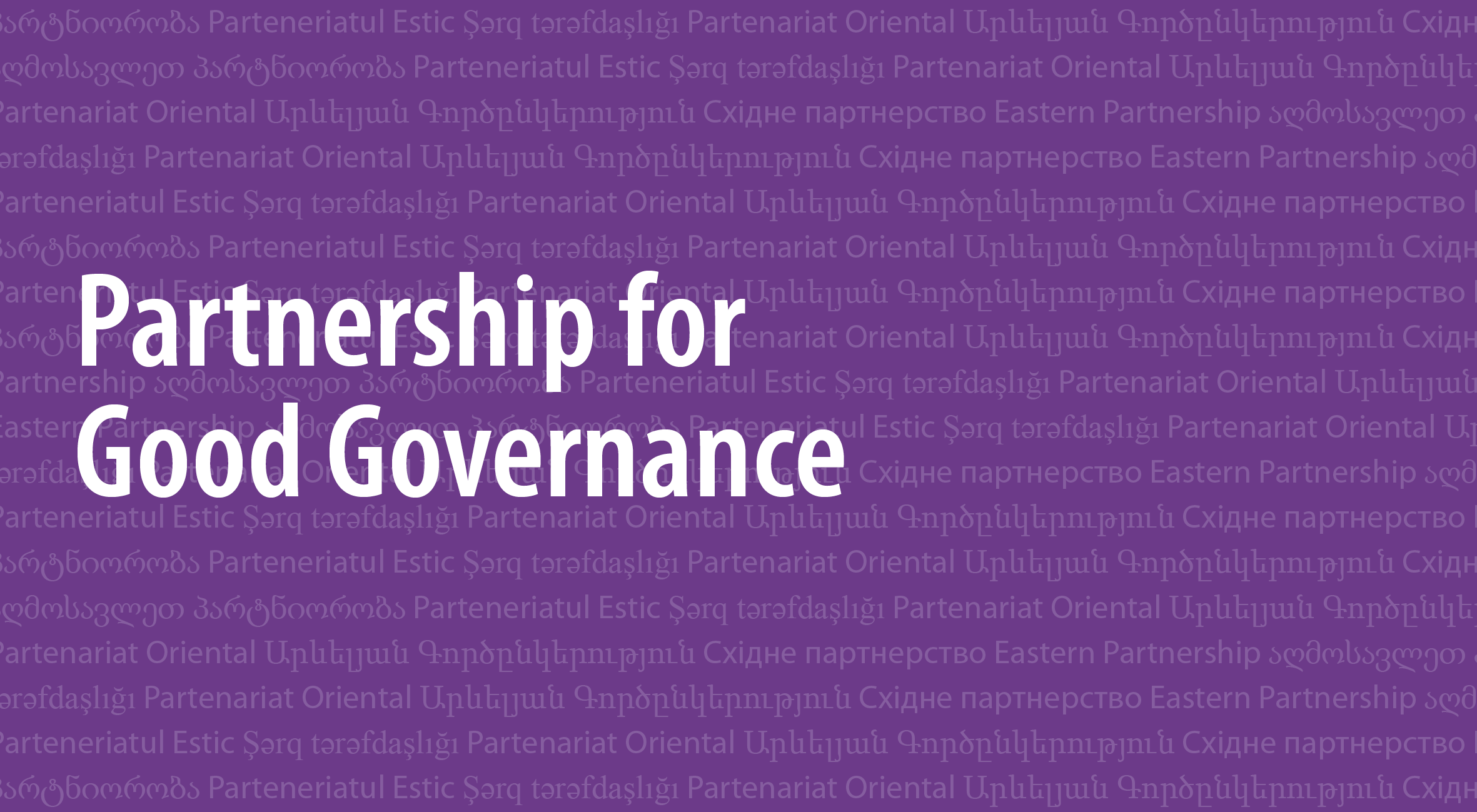The European Committee of Social Rights (ECSR) has published its Conclusions 2023 in respect of the articles of the European Social Charter relating to Children, Family and Migrants. In the framework of the reporting procedure, the ECSR adopted 799 conclusions: 415 conclusions of conformity with the Charter and 384 conclusions of non-conformity concerning : Countries covered: Andorra, Armenia, Austria, Azerbaijan, Bosnia and Herzegovina, Croatia, Cyprus, Czechia, Denmark, Estonia, Georgia, Germany, Hungary, Latvia, Lithuania, Luxembourg, Malta, the Republic of Moldova, Montenegro, the Netherlands, Netherlands Aruba, the Netherlands Curaçao, North Macedonia, Norway, Romania, Serbia, the Slovak Republic, Slovenia, Spain, Sweden, Türkiye, and the United Kingdom.
The European Committee of Social Rights (ECSR) has also published its Findings 2023 in respect of eight States (Belgium, Bulgaria, Finland, France, Greece, Ireland, Italy, and Portugal) which have accepted the collective complaints procedure.
The ECSR found that, although there has been progress in some areas and efforts to bring the situation into conformity, among other issues, the gender pay gap, the housing for Roma, health care discrimination, and inclusive education for children with intellectual disabilities remain persistent problems for which measurable progress needs to be achieved in order to bring the situation in those countries into conformity with the Charter.
The ECSR emphasises the importance of continued efforts to fully align with the European Social Charter's provisions, ensuring the protection and advancement of social rights for all citizens.








